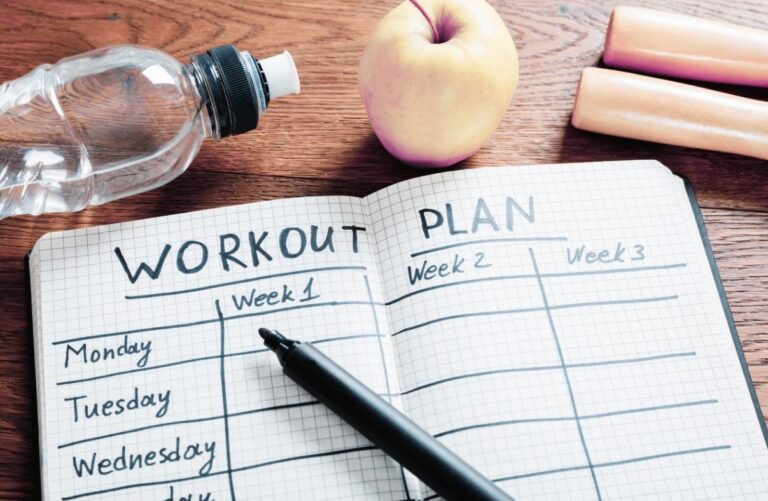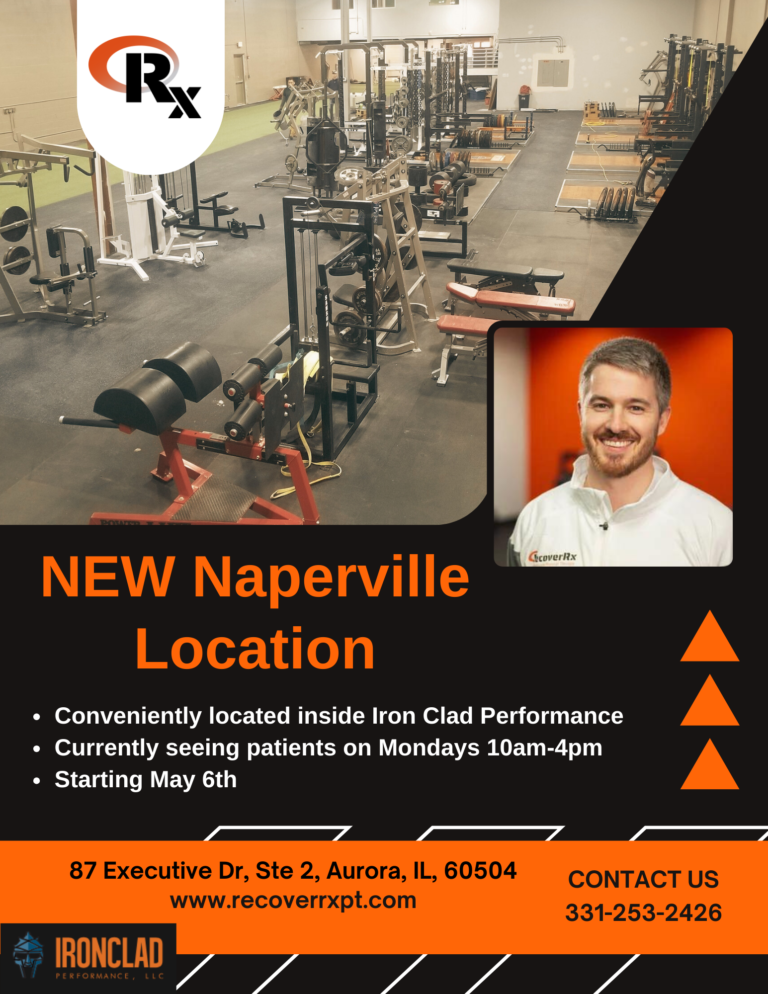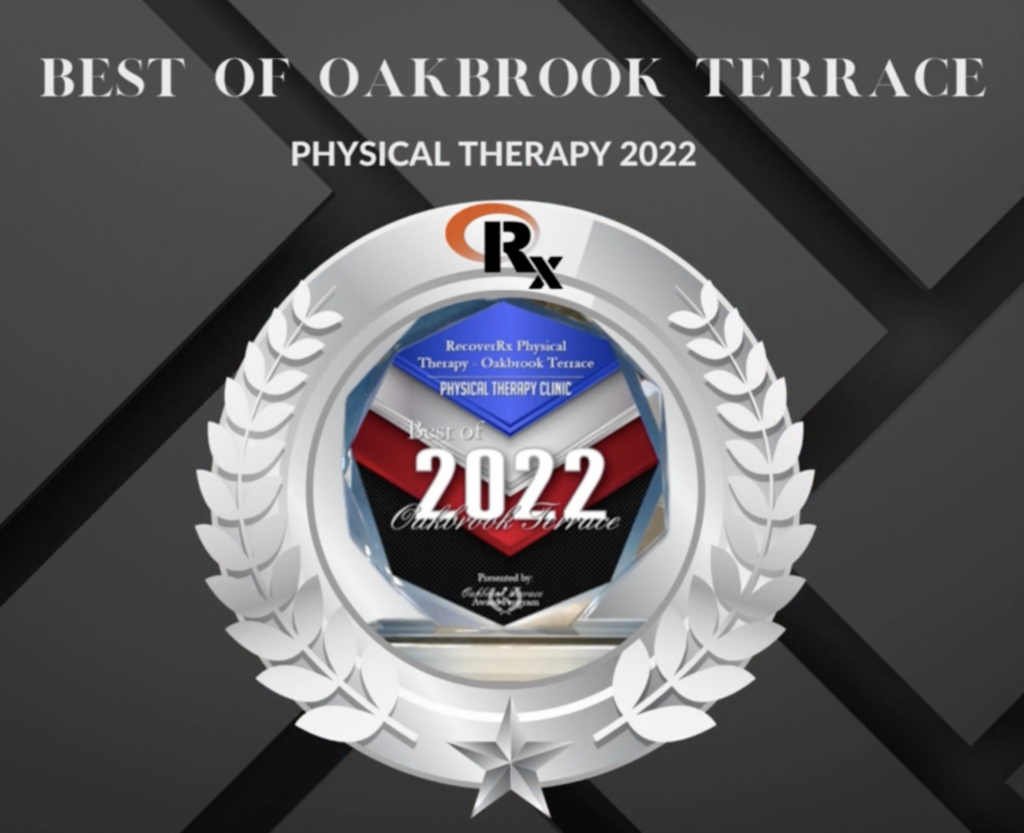By Penelope Reyes, BA, MS
We hear all the time about how exercise improves our health. But did you know that these benefits are not only for your physical health? The truth is that the relationship between exercise and mental health is much more important than we think. One of the biggest impacts exercise has on our mental health is through its impact on our hormones. By increasing blood flow, exercise increases oxygen and nutrient delivery to the brain that allows the release of happy hormones and improved neural pathways.
Exercise and the “DOSE” of Happy Hormones

Dopamine: The Reward Chemical → Enhances motivation, learning and pleasure.
Oxytocin: The Love Hormone → Motivates you to build relationships
Serotonin: The Mood Stabilizer → Calms and improves acceptance of yourself with the people around you.
Endorphin: The Pain Killer → Response to pain and stress that alleviates anxiety and depression.
Additional Benefits of Exercise on Mental Health
- Leads to the creation of new cells in the hippocampus which are responsible for memory and learning.
- Improves self-esteem and motivation. Setting up a workout routine and following it can offer a sense of accomplishment and confidence.
- Helps to regulate circadian rhythms which can help you fall asleep faster and sleep better.

Tips to Include Physical Activity in Your Life
- Start small: Make sure to check in with your healthcare provider before starting a workout routine to prevent any risk of underlying health issues. Setting up small goals to start can be wise especially if you don’t currently exercise.
- Choose something you enjoy: Exercise is more likely to benefit you if you choose something you are enthusiastic about doing so you don’t feel the need to constantly push yourself to get the benefits.
- Consider social physical activities: Engaging in social exercise and picking a shared goal can create feelings of achievement.
- Support your exercise with a healthy diet: Healthy food choices can help your body sustain and recover from physical activity as well as having a positive effect on mental health. Drinking enough water is also important.
- Rest: Make sure you get enough rest between training sessions, so you give your mind and body enough time to repair, get stronger and stay motivated.
Conclusion
Activities like gardening or even just taking walks can have an incredibly positive effect on an individual’s mental health. Any exercise is better than no exercise, and it can be a good place to start. Achieving small goals will help keep you motivated to doing more challenging exercise. Adults, kids, adolescents, and the elderly can obtain all the benefits of exercising and can use it as one of the best tools to increase wellness, quality of life, and mental health.





